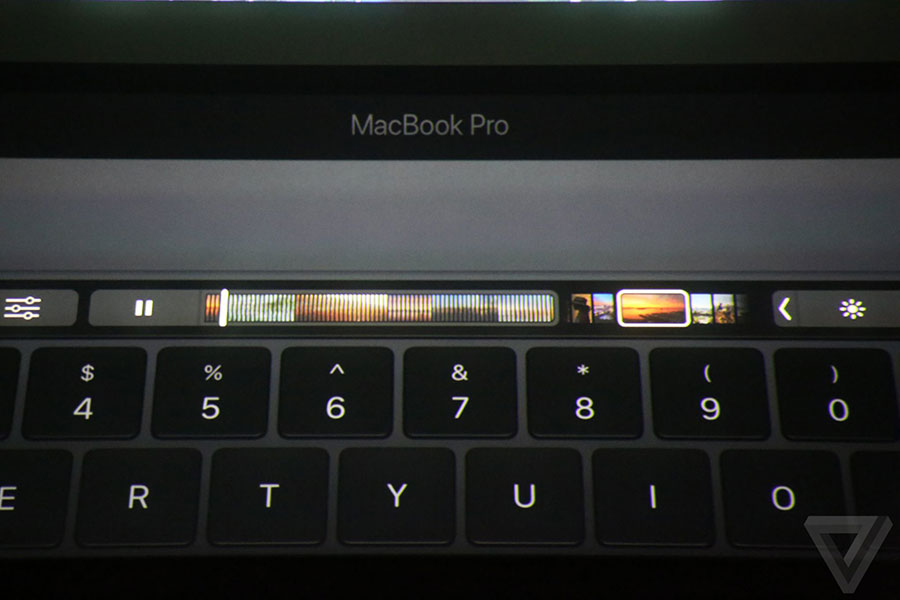On Thursday came out the new Consumer Report test of the MacBook Pro and it was not what Apple was expecting. The organization declined to recommend the device because of the inconsistent battery life test results presented.
The Consumer Report organization stated that they test the battery life of a device with the loading of a web page after web page, in multiple versions of the same laptop. They explained that they charge 10 websites in the default browser (in this case Safari, for Apple devices) when the device is fully charged. They measure how much time can the device be operating with the tabs open until the laptop shuts down itself.

The results were notably inconsistent as the 13-inch MacBook Pro was able to maintain operations during 16 hours in some tests, and down to 4 hours in others. The same phenomenon was registered in the 15-inch model of the laptop, where the test showed results from 18.5 hours – labeled as a “that can’t be right” result from CR – to 8 hours.
Because of this dissonant results, the organization suggested to the public that it’s not the best idea to acquire this laptop until CR or other groups perform more tests regarding battery life.
Apple’s response to the CR publication
This Friday and via Twitter, the senior vice president of worldwide marketing at Apple Inc, Phil Schiller, announced that the company is working with the Consumer Report organization in order to understand why the results of their tests were so inconsistent.
According to Schiller, Apple has done extensive testing to the life battery of the Macbook Pro in their internal labs, and their results are not similar to those presented by CR this Thursday. CR defends itself saying that they test hundreds of devices every year as they develop controlled tests and procedures.
Despite the Schiller declarations, Apple put out a new update of their operating system for Macs that remove the “remaining time” of the device battery, present in the laptop’s display. The explanation that Apple gave to the Business Insider is that they are becoming less accurate when measuring the life battery that is left on the laptop, and as they are working to solve it, it must be disabled in the meantime.
“When combined with the differing ways people use their Mac throughout the day, the calculation of remaining battery life displayed as a measure of time has become less accurate. With the latest update to Sierra, we have removed the remaining time indicator,” an Apple spokesperson told the Business Insider this Thursday, regarding the new update for the operating system for Macs.
Source: Consumer Reports
